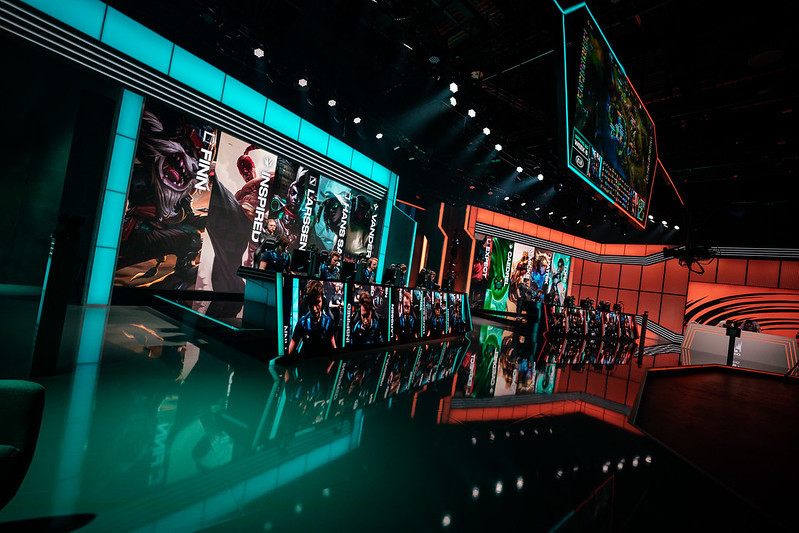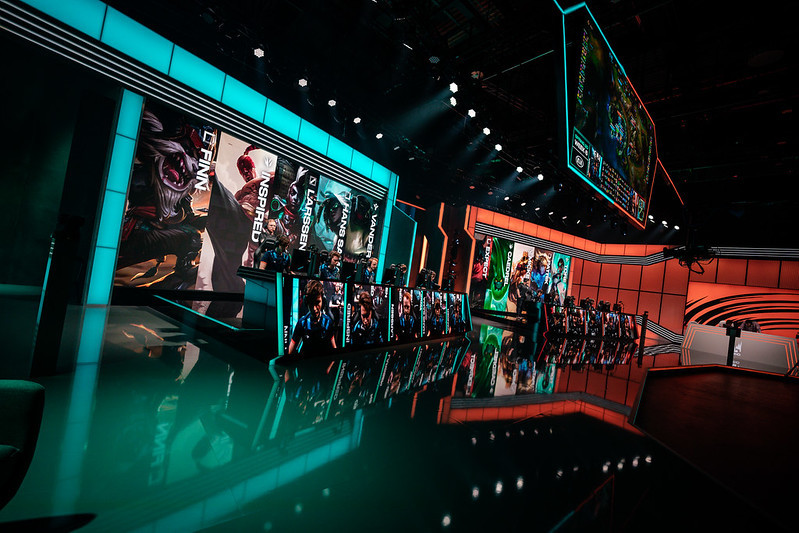
In theory, esports tournaments shouldn’t be affected by in-person cancellations. Thanks to the Internet, games can be held remotely. At the moment, many of them are – in fact, most of the ones that haven’t been canceled. Still, it’s not the idyllic solution it seems like.
The question of fairness in remote esports
In regular esports tournaments, all conditions are closely monitored. All competitors use the same machines, with only peripheral differences like mouse or keyboard models. Events take place via LAN connections, so lag isn’t an issue, and monitoring potential cheating is fairly easy.
In remote tournaments, with players participating from home, almost none of these circumstances apply. While most pro-gamers are likely to have a strong gaming PC to play on, driver compatibility, and even build issues can throw a wrench in things quickly.
Then, there is lag – by definition, remote esports events rely on Internet connections, and not everyone may have access to a reliable connection. Distance also matters – a national tournament in the US can feature players living thousands of miles apart.
VP of product development for esports services company Popdog Avi Bhuiyan had this to say on the matter:
“There are a lot of things that you can’t control when you have competitions played online. At the LEC and LCS and other major leagues, typically there’s factory sealed peripherals, to try and avoid essentially people having tampered gear. There’s actually tons of things people can do with their peripherals to manipulate the outcome of a game, or there’s risk to the servers.”
These differing conditions can give an obvious advantage to one player over another. While in casual and even some competitive matches it may not matter much, a lag-spike in an Overwatch League game, for example, can mean the difference between survival and death. Fans watch tournaments to see skill decide the outcome – not the luck of the draw.
The current state of affairs also directly affects industries connected closely to the esports world – primarily the betting industry. It’s difficult to bet on the outcomes of matches when factors other than skill and the rules of the game affect the results.
Fans vs investors

With lots of event cancellations, remote tournaments are currently one of the only ways esports leagues can keep engaged with their fans – other sports leagues don’t have that option. While social media can also be used for this, esports have a leg up on other competitive sports at the moment.
In fact, many traditional sports have launched fun tournaments to replace their regularly scheduled competitions – for example, the F1 series and NASCAR.
While these are great ways to stay relevant, they don’t have nearly as much appeal from a financial point of view.
Many investment opportunities that normally come up during esports event series are currently suspended – sponsorship contract terms can’t be fulfilled, investments already made in planned events can only be partially recouped, and so on.
This means that remote-only events impact the financial side of the industry a lot more strongly than the fans and players themselves. This could have a more long-term impact – despite its expansive growth, the esports industry itself is still fairly young. This means that with investor faith in its stability shaken, future growth is slightly less certain.
A short-term band-aid
The real-world impact of the current situation can’t be measured just yet – it will depend on how long the COVID-19 pandemic makes in-person tournaments impossible. The current replacement events, often featuring semi-pros, popular streamers and even celebrities, are a great way to keep fans interested, but they don’t provide the same opportunities that regular events do.
READ MORE:
- #RaceForGood charity event a complete success
- FIFA 20 #stayandplay Cup kicks off today
- WePlay!'s WeSave! fights COVID-19
In the long term, not having regular events will negatively impact the financial backing the esports industry has – and that will slow the industry growth down. This type of event is a great way to bridge the gap while regular events can’t take place, but it won’t go further than that – there are too many uncertainties that affect the outcomes of events.
But for the time being, we’ve got some great esports content to enjoy in the safety of our home. Stay safe and healthy and keep it here with EarlyGame for everything in the world of esports and gaming.






























